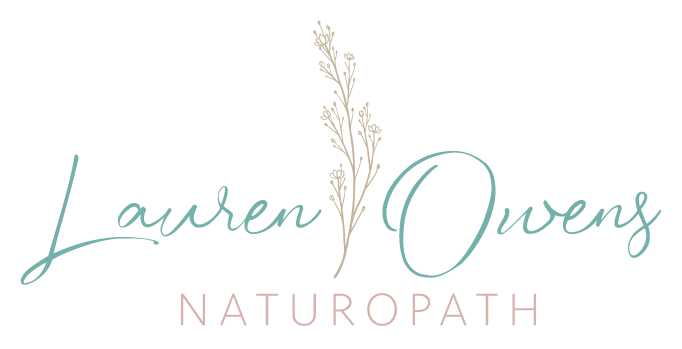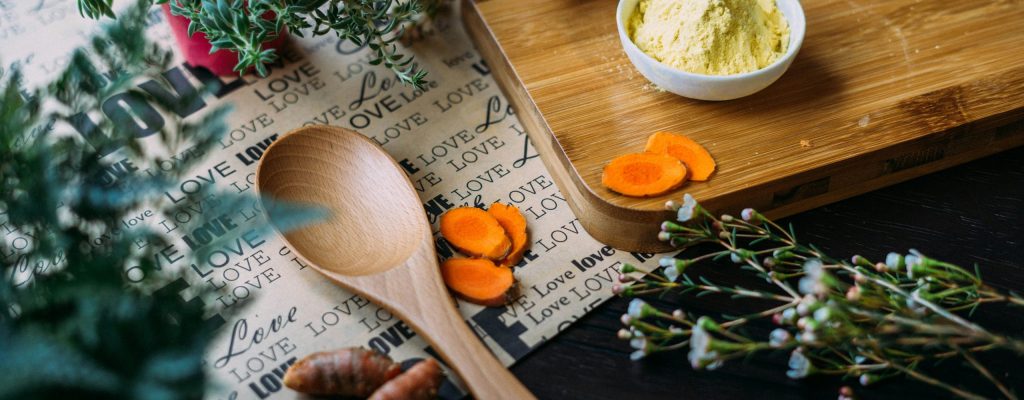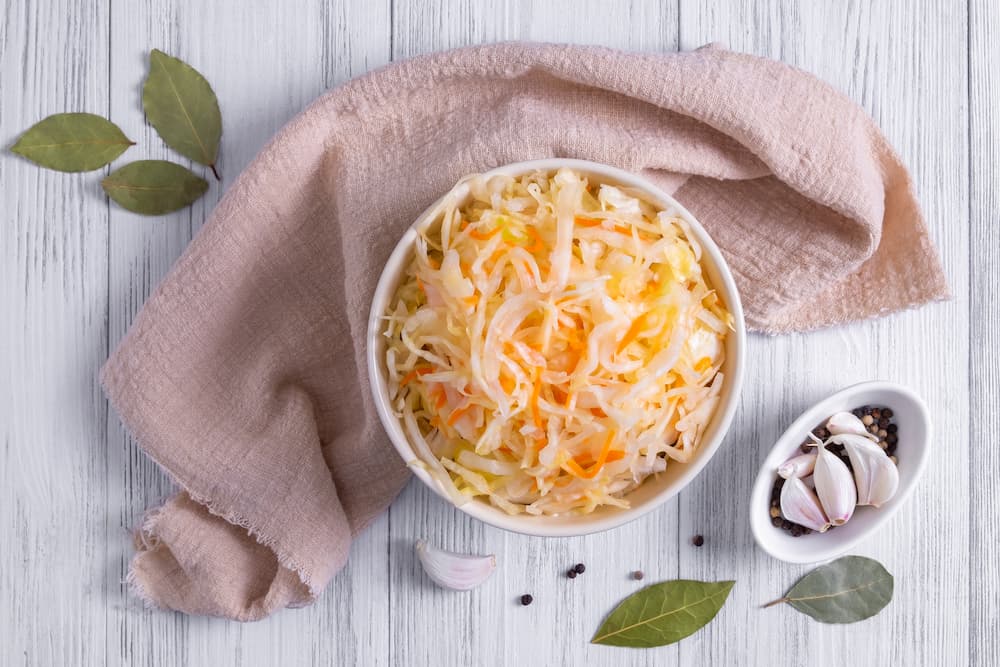
The Ancient Greek physician, Hippocrates, who is known as the father of medicine, reportedly said “All disease begins in the gut”. Hippocrates was remarkably beyond his time considering he was born in the 5th century and modern science is still discovering links between gut health and development of a multitude of diseases and conditions.
The digestive system performs an array of roles beyond just digesting our food. It influences our immune system, the appearance of our skin, pain perception, inflammation levels and even our behaviour. Poor gut health is linked to development of autoimmune diseases, metabolic disease and mental health disorders to name a few.
Compromised gut health can wreak havoc with quality of life when it is exerting immediate gut-centric effects. Anyone unfortunate enough to have ‘gut issues’ understands the physical and emotional impact of excessive bloating, gas, cramping or chronic diarrhoea/constipation. It can mean that an invitation to go out for dinner brings with it an unexpected sense of dread. Irritable bowel syndrome with a propensity towards diarrhoea can render a sufferer housebound on some days or alternatively cursing the short cubicle doors of workplace toilets.
Effects of gut dysfunction are not always so obvious, however. Frequently, problems with the gut can manifest with unwelcome effects in another area of the body, or it may trigger the development of a seemingly unrelated health condition. For many people, they experience years of frustration and despair before help is sought. Often it is through a naturopath that discovery is made that health is being derailed by a damaged or sub-optimally functioning gut.
Naturopathic care always involves examining digestive function due to its impact on so many aspects of our health. Some of the considerations (but certainly not all) for a naturopath include:
- Enzyme production & secretion
- The gut microbiota
- Integrity of the gastrointestinal mucosal lining (gut barrier)
A naturopath will consider each of these aspects and tailor treatment accordingly when there is evidence of dysfunction. Treatment may involve dietary changes, lifestyle recommendations and prescribed nutritional supplements, herbal and energetic medicine.
Boost enzyme production
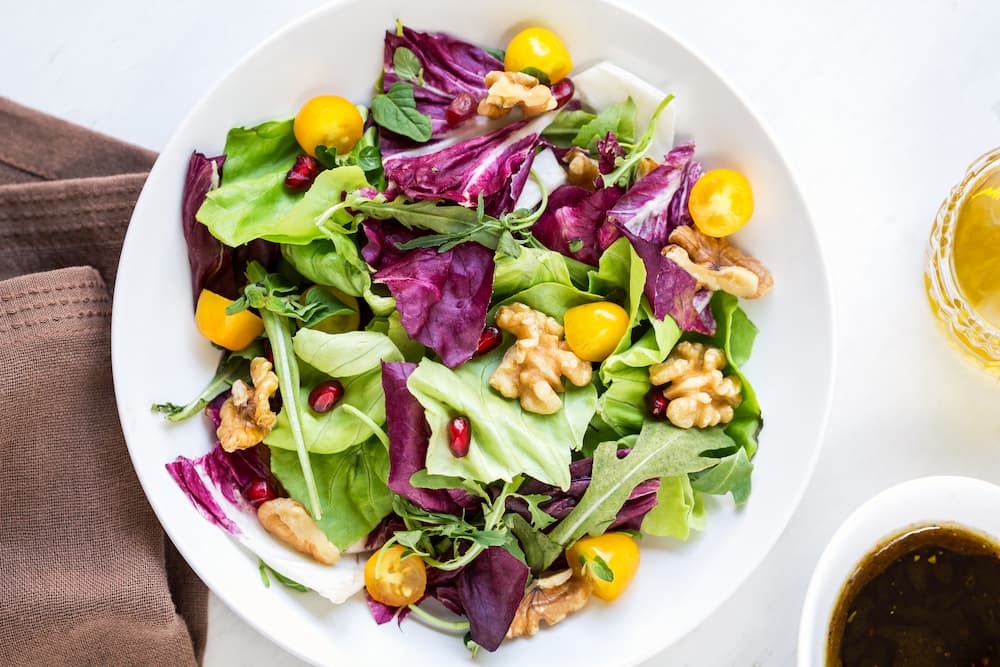
Remember when you were a child, and a parent would say “chew your food properly!” as you hurriedly shoved food in and ran out the door to play. They were right to tell you that. Believe it or not, many of us have forgotten how to eat properly. We grab something on the run and eat standing up or in the car, gulping down food before we rush off or make a phone call. This adversely impacts our digestive capacity.
The act of slowing down, savouring aromas and appreciating food enables the digestive system to prepare properly to perform its processes. This is termed “mindful eating”. The sight, taste and smell of food stimulates release of enzymes which break down our food. Chewing properly allows for mechanical breakdown of food and subsequently, enzymes can perform their role more easily since part of the job is already done. This results in better nutrient absorption.
We need some key ingredients, or cofactors, to make our enzymes. Cofactors include zinc and B vitamins. If you are following a nutritionally devoid diet, you may not be receiving enough of those cofactors to keep up with enzyme production. Add into the mix stress (which suppresses enzyme production), medication usage, high alcohol intake and you have some of the contributing factors for what we term hypochlorhydria (low stomach acid production) or pancreatic insufficiency (reduced pancreatic enzyme production).
A lowered capacity for producing enzymes can go on for years, meaning your body is lacking vital nutrients long term. You can pick from a smorgasbord of resultant effects… bloating after meals, ongoing fatigue, poor concentration, recurrent infections, lacklustre skin, thinning hair, brittle nails, general moodiness. The list goes on.
Some simple tips for stimulating enzyme production include:
- Eat something bitter 15 minutes before a meal e.g. rocket or radicchio leaves (bitter tastes trigger release of enzymes)
- Sip some water with lemon juice squeezed into it 15 mins prior to a meal
- Sit down to eat and savour the meal (avoid looking at a laptop and working)
- Include protein in each meal/snack as it promotes enzyme release
- Eat pineapple (especially the core) and papaya as they have natural enzymes, bromelain and papain
A naturopath may prescribe liquid herbs such as Gentian to help increase enzyme production. In some cases, they will also prescribe digestive enzyme supplements. These can either be plant-based (derived from fungi or yeast) or animal-sourced (porcine or bovine).
Nurture the Gut Microbiome
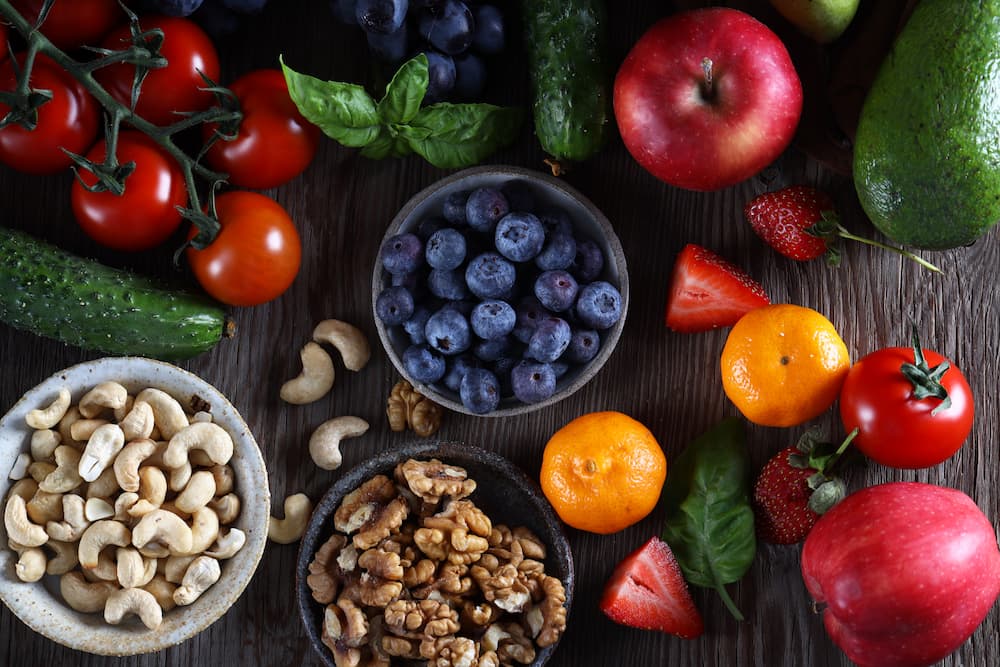
Your gut microbiome is the collection of all the microorganisms living within your digestive tract. This internal ecosystem is a bustling community of bacteria, viruses, fungi, and other microscopic inhabitants. The composition of the microbiome is very important – we want some species in abundance and others to be negligible or not present at all.
These microbial residents play a major role in keeping you healthy by helping to digest food, regulate hormones, synthesise vitamins, mitigate inflammation and fight infections. Some of the diseases associated with an unfavourable gut bacterial composition (dysbiosis) include type 2 diabetes, fibromyalgia, Crohn’s disease, ulcerative colitis, autism and psoriasis. Obesity is also associated with, and exacerbated by, dysbiosis.
Our immune system is affected by gut health. In fact, 70% of the immune system is housed within the gastrointestinal tract. Immune cells are found throughout in gut-associated lymphoid tissue (much easier to just call it GALT). Our microbiome affects the function and integrity of GALT and this in turn influences whether there is a robust and rapid immune response to pathogens such as bacteria, parasites and viruses.
Gut dysbiosis has a profound impact on mood. Increasingly, links are being discovered between depression and dysbiosis. People suffering from major depressive disorder have been shown to have an abundance of Bacteroides, Protobacteria and Actinobacteria in faecal samples and low numbers of Firmicutes compared to healthy subjects. Similarly, anxiety sufferers have been found to have distinctly altered microbial profiles within faecal samples. Amazingly, it has been found that bacteria in the gastrointestinal tract can synthesise neurotransmitters such as serotonin and noradrenaline. Bi-directional communication between the gut and brain (“gut-brain axis”) then takes place via the vagus nerve to help maintain stability of nervous system transmission, ultimately impacting our mood.
Composition of the gut microbiome can be negatively impacted by factors including:
- Low fibre intake
- Low fruit and vegetable consumption
- High intake of refined carbohydrates and sugars
- Excessive alcohol consumption
- Chronic stress
- Caesarean birth
- Medication usage e.g. antibiotics and proton pump inhibitors (PPIs)
Low hydrochloric acid production by the stomach is also a contributing factor to dysbiosis. Via its acidic nature, hydrochloric acid kills ingested pathogenic bacteria. If production of this gastric acid is low, unwanted bacteria will survive and proliferate. This can lead to development of SIBO (small intestinal bacterial overgrowth). It may also result in increased incidence of gut infections i.e. “gastro”.
When considering the microbiome of a patient, testing may be required to get an accurate picture of what is going on in the small or large intestine. Treatment needs to be tailored to the patient’s specific presentation and microbial profile.
Dietary modifications may be necessary to help eliminate the ‘bad’ bacteria and re-seed with ‘good’ bacteria. Since stress compromises our ability to synthesise enzymes, stress management and nervous system calming is frequently a focus in naturopathic treatment.
Having an active lifestyle also has positive effects on the gut microbiome. Regular exercise has been shown to promote microbial diversity and favour proliferation of beneficial bacterial species.
Heal a “Leaky gut”
In “leaky gut”, otherwise known as intestinal hyperpermeability, the tight junctions of the gastrointestinal mucosal barrier, which are composed of proteins, become disassembled and widen. This allows proteins and large molecules, including from food, to pass through and enter circulation when they shouldn’t be able to do so. It sets in motion an inflammatory cascade and immune dysregulation and it can be a cause of food sensitivities.
Other compounds that get “leaked” through the intestinal lining into the blood are toxic by-products (endotoxins) produced by bacterial species in the gut. These endotoxins circulate throughout the body and can enter the central nervous system. Here they can negatively impact production of neurotransmitters, causing mental health effects such as moodiness and brain fog. Other systemic symptoms include joint pain, bloating, diarrhoea, fatigue and reduced immunity.
Intestinal hyperpermeability is a factor in various conditions including rheumatoid arthritis, asthma, eczema, inflammatory bowel diseases, IBS, coeliac disease, acne, allergies, obesity and chronic fatigue syndrome.
Some of the causes of leaky gut include:
- Chronic stress
- Western style diet (high sugar, processed carbs, seed oils)
- Excessive alcohol consumption
- Excessive caffeine consumption
- Smoking
- Infectious diarrhoea
- Dysbiosis
- Some medications e.g. NSAIDs, antibiotics, antacids
Testing can reveal presence of a leaky gut. Once a treatment protocol has been followed, re-testing may be done down the track to assess progress.
Healing a leaky gut involves addressing causative factors and removing triggers. Inflammation needs to be dampened down which can be done via diet, nutritional supplementation, and herbal medicine. To repair the damaged mucosal lining, key nutrients are required that promote healthy tissue regeneration and restoration of tight junction function. Some of those nutrients include zinc, glutamine, quercetin, vitamins A and D.
It can take years for gut dysfunction to develop and wreak havoc. The impact of factors such as poor diet, chronic stress and long-term medication usage are often not fully experienced until several years down the track. Accordingly, when healing and restoring the gut, it does take time and a certain level of discipline. Altering the diet can be difficult for many people. After all, we eat what we eat because we enjoy it, and we frequently side-line the knowledge that it may not be doing us health favours. It’s also overwhelming sorting through the plethora of information out there about what we should be avoiding and what supplements may be helpful.
A naturopath will guide and support their patient through the process of addressing gut issues, arming them with information so they can ultimately take charge of their health. It is important to implement changes in the right order. For example, there is no use in bombarding a dysbiotic gut with probiotics if we are still consuming sweets and refined carbohydrates and therefore continuing to feed the unfavourable bacteria. When change is implemented and improvement is felt, the positive effect on day-to-day life can be profound.
Sources:
Cheru, L., Saylor, CF. & Lo, J. (2019). Gastrointestinal barrier breakdown and adipose tissue inflammation. Current Obesity Reports, 8(165). https://link.springer.com/content/pdf/10.1007/s13679-019-00332-6.pdf
Clinical Education. (2011). The role of HCL in gastric function and health. Published: January 20, 2011. https://www.clinicaleducation.org/resources/reviews/the-role-of-hcl-in-gastric-function-and-health/
Imhann, F., Bonder, MJ., Vila, AV., Fu, J., Mujagic, Z., Vork, L… Zhernakova, A. (2015). Proton pump inhibitors affect the gut microbiome. BMJ Gut, 65. https://gut.bmj.com/content/65/5/740
Janssens, Y., Nielandt, J., Bronselaer, A., Debunne, N., Verbeke, F., Wynendaele, E… de Spiegeleer, B. (2018). Disbiome database: linking the microbiome to disease. BMC Microbiology, 18(50). https://bmcmicrobiol.biomedcentral.com/articles/10.1186/s12866-018-1197-5
Lombardo, L., Foti, M., Ruggia, O. & Chiecchio, A. (2010). Increased Incidence of Small Intestinal Bacterial Overgrowth During Proton Pump Inhibitor Therapy. Clinical Gastroenterology and Hepatology, 8(6). doi:10.1016/j.cgh.2009.12.022
Lyon, L. (2018). ‘All disease beings in the gut’: Was Hippocrates right? Brain, 141(3). https://doi.org/10.1093/brain/awy017
Peirce, JM. & Alvina, K. (2019). The role of inflammation and the gut microbiome in depression and anxiety. Journal of Neuroscience Research, 97(10). https://doi.org/10.1002/jnr.24476
Suzuki, T. (2020). Regulation of the intestinal barrier by nutrients: The role of tight junctions. Animal Science Journal, 91. https://doi.org/10.1111/asj.13357
Tomasello, G., Mazzola, M., Bosco, V., Tomasello, G., Damiani, P., Sinagra, E. & Carini, F. (2018). Intestinal dysbiosis and hormonal neuroendocrine secretion in the fibromyalgic patient. Biomed Pap Med Fac Palacky Olomouc Czech Republic, Sep 11. https://pubmed.ncbi.nlm.nih.gov/30209437/
